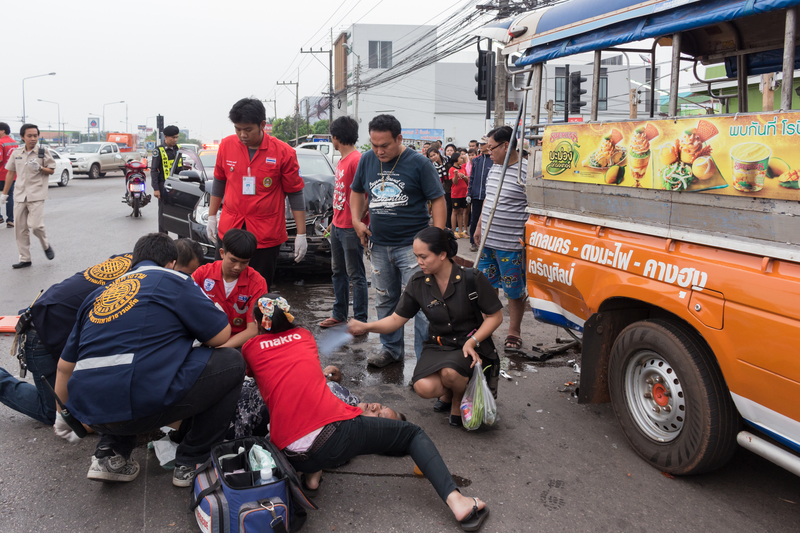The UK’s Transport Research Laboratory (
Speaking at the UK
Cuerden discussed the digital revolution in transport and how the challenges and opportunities of new innovations must be tackled to ensure road safety.
He said that the design of smart liveable cities with zero emissions and zero casualties demands more walking, cycling and the use of public transport, rather than the use of private vehicles.
Urbanisation presents challenges and opportunities, Cuerden added. Good design, removing the need for motor vehicles wherever practicable, could be the most suitable solution. TRL envisages a world in which C/AVs, public transport and bike hire schemes will give users multiple transport options between residential, industrial and commercial districts.
TRL is building the UK’s flagship testbed for C/AVs – London’s Smart Mobility Living Lab - and working in partnership with TfL to accelerate the real world delivery of new mobility products and services.
TRL: ‘To ensure future road safety - don’t repeat the past’
The UK’s Transport Research Laboratory (TRL) says that future road safety will require innovation rather than repeating past measures.
Speaking at the UK Department for Transport (DfT)’s International Road Safety Conference, TRL’s academy director Richard Cuerden discussed why a paradigm shift is needed in the transport sector’s approach to road safety interventions to ensure road casualties are reduced significantly by 2030. The number of deaths on the world’s roads remains unacceptably high, with an e









